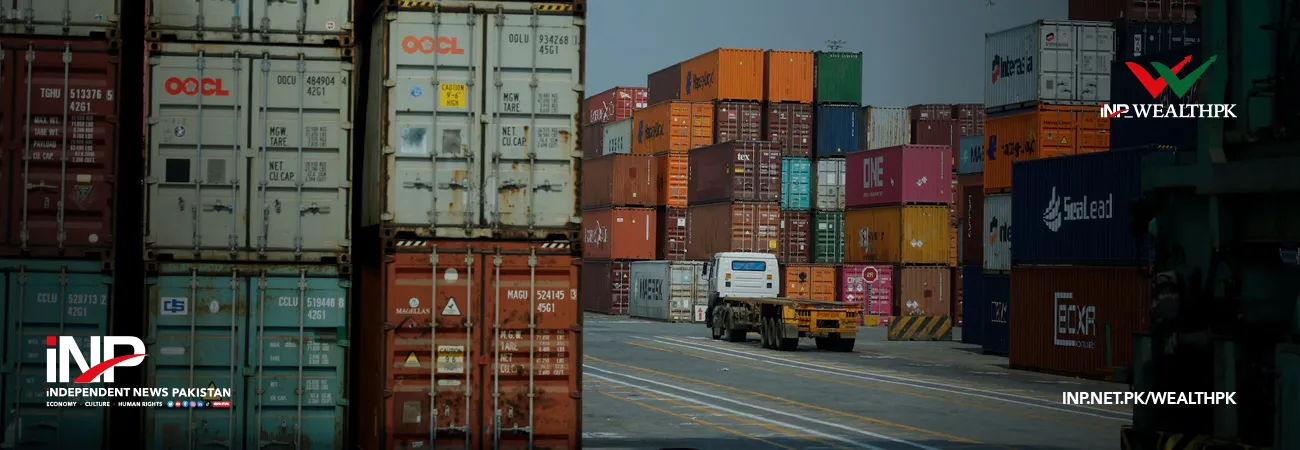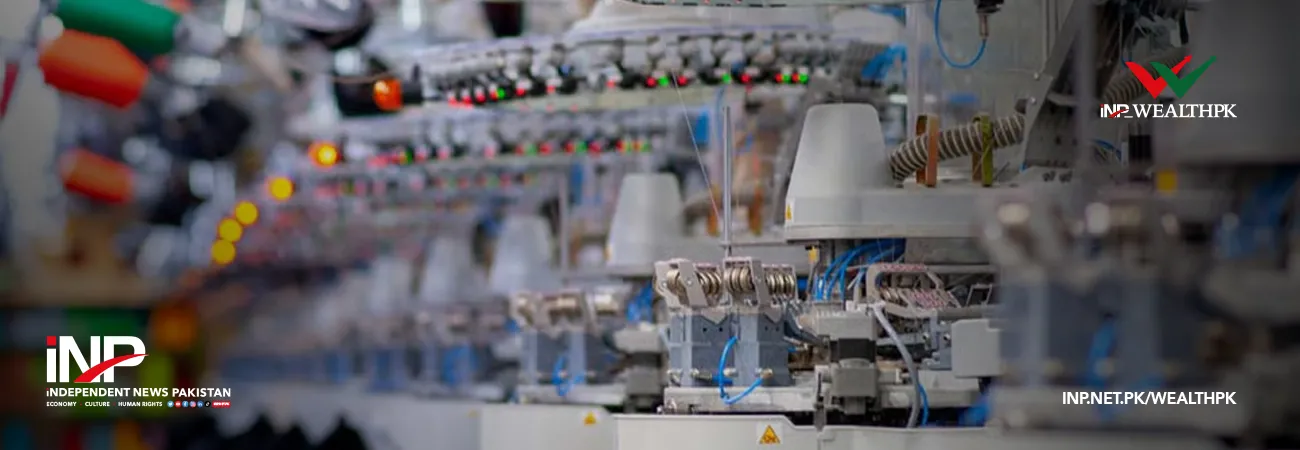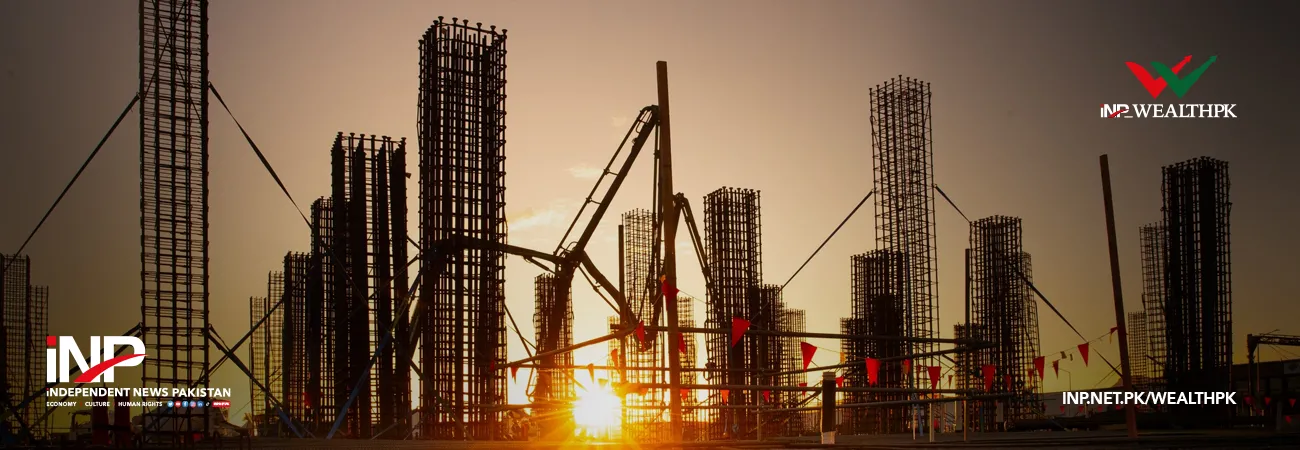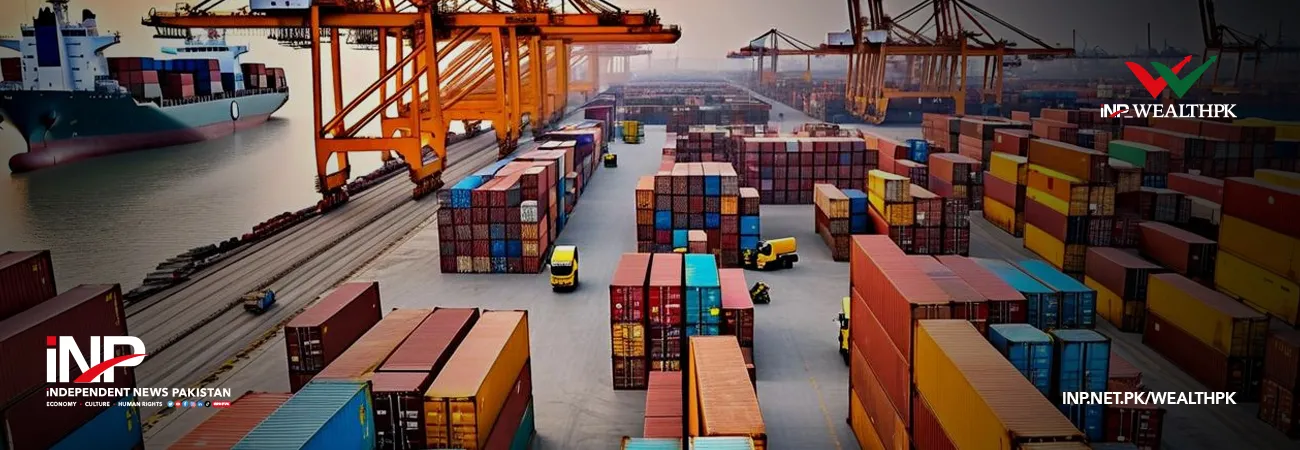INP-WealthPk
Abdul Ghani ISLAMABAD, June 14 (INP-WealthPK): Although the gradual switchover to sustainable economic growth is in the limelight around the globe, the developing nations are still struggling to meet their basic demand-supply deficits, leading them to the adoption of short-term solutions like burning fossil fuels. The proposed Special Economic Zones (SEZs) have a strong potential to become a launch pad for sustainable growth in Pakistan. Many of them have now become national champions in technological innovation, thus contributing significantly to the transformation of China from a “workshop of the world” to the “laboratory of the world.” Several Chinese high-technology firms, such as Huawei, ZTE, and Great Wall Computers, have established branches in the SEZs. The current trend among many countries, such as Greece, India, Mauritius, and Nigeria, to follow the Chinese SEZ model confirms the important benefits the SEZs can offer. In recent years, the Chinese government has made considerable efforts for sustainable development. Green indicators have received increasing attention in China’s Five-Year Plans. Incentive-based and binding mechanisms are also set up to intensify price reform for resource-based products and environmental protection. The plan also calls for evaluation of energy-saving and emission reduction programs and curbing total energy consumption. Speaking to WealthPK, Dr. Mahmood Khalid, a senior research economist at the Pakistan Institute of Economics (PIDE), said, ’’This phase of Special Economic Zones (SEZs) under the CPEC is highly important for the industrial growth of Pakistan and it is also inevitable that Pakistan must bring its economic growth in consonance with nature.’. Referring to a research conducted by Zeng in 2020, he said 54 state-level ETDZs, 53 state-level HIDZs, and 15 FTZs contributed 11.1% of China’s total GDP and 29.8% of exports in 2006. In 2007, the SEZs provided 31 million jobs, about 4% of the total national employment,’’ he explained. Explaining China’s extensive experience in making the SEZs environmentally friendly, Dr. Mahmood viewed the expansion of industrial zones under the CPEC as a precursor to Pakistan’s economic development. Sharing his views, Dr Mahmood said, ’’Pakistan needs to take initiatives such as Environmental Impact Assessment (EIA) before providing corporate licenses to manufacturing and servicing companies in the first four SEZs.’’ ‘’Pakistan needs to develop coordination at the corporate level for environmental management training with Chinese counterparts so that sustainable economic growth through SEZs becomes a reality,’’ he added. The SEZs have proven to be a successful model for China in its industrialization, modernization and internationalization.













